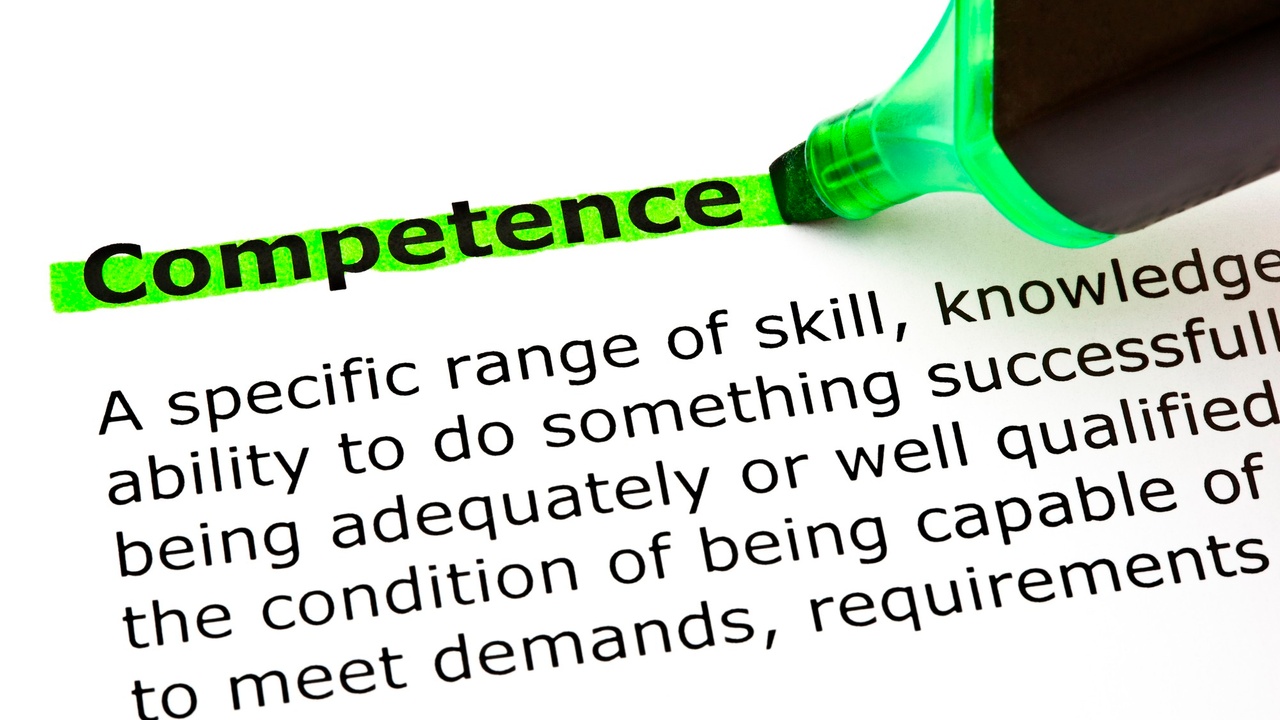
By Graham Acreman
You’re going through your messages and out of the blue, you see a notification that you’ve received a bad review. You click on the message, read the review, and immediately feel angry and upset. Your first instinct is to respond and set the record straight. Don’t do it.
Sooner or later, most business owners will receive a bad review from a customer, a former employee, or even someone who never dealt with their business before. It happens. But it's important to take a step back and assess your options.
You might not realize it, but legitimate negative reviews can be helpful if you know how to leverage them. Positive reviews make you feel good, help spur growth, and improve your reputation, but they say little about what you can do to improve your performance. Meanwhile, legitimate bad reviews can flag issues in your business and provide you the opportunity to improve.
These 4 strategies can help you deal effectively with a bad review:
1. Take your time
Not reacting immediately might sound counterproductive, but it could save you from a self-inflicted public relations disaster. A bad review in and of itself isn't a crisis, but your reaction to it can seriously damage your business.
Let's say you received a bad Google review. A generic apology can be perceived as insincere by readers, while a lengthy rebuttal might make you look petty or unprofessional. Ignoring it altogether shows you don’t care.
But taking a bit of time to plan your response allows you to reply strategically rather than emotionally. It provides you the opportunity to contain the fallout and even regain lost goodwill.
2. Check if the review is real
Before doing anything, you need to consider if the feedback is legitimate. While most reviews are given with honest feedback and could be helpful (i.e. to bring the issue to your attention), you shouldn't discount bad apples looking to damage your business. It could be a disgruntled ex-employee, a competitor, or even an internet troll.
It's also important to understand that a legitimate bad review isn't personal. If you're used to receiving praise from clients and customers, a bad review can knock you off your rhythm. You take pride in your business and you might feel the feedback isn't warranted. Take the opportunity to consider if there's any merit to the complaint.
Most people use a moderate tone, even when voicing out genuine concerns. Exaggerated and aggressive language is a tell-tale sign of an inauthentic review. Real reviews also mention specific complaints. If the criticisms are vague and general, it could be a sign that the review was planted to damage your reputation.
If you're confident the review is fake, consider reporting it to the website they posted on. Each review site has its own policy in terms of how they handle reported false reviews and it may be your best option.
You can also encourage your real customers to leave positive reviews to help offset any negative ones.
Just don't leave the fake review unanswered otherwise, potential customers could think it's real and that you don’t care. A professional response shows that you take every complaint seriously.
3. Be Professional
Always use a polite and professional tone when responding to complaints, even if their tone is anything but. Acknowledge the issue, apologize if appropriate, and try to take the issue offline. Doing so can be very helpful in discussing the issue and ideally, in reaching a resolution. If a customer feels they’ve been heard and that their feedback has been considered they’re more likely to change their review.
4. Look for patterns
Unless you just started your business, you probably already have many reviews you can mine for insight. Start by looking for patterns. You'll want to know if the bad review is an isolated blip or if other customers have voiced similar concerns. This should give you an idea of the severity of the issue.
You also might want to ask for feedback from your employees. Information from the front-line team doesn’t always make it to the top, and you can unearth valuable insight if you take the time to ask.
By taking advantage of the information at your disposal, you can develop a better assessment of your operations and make the necessary changes to fix the problem.
Conclusion
A bad review will never be the highlight of your day but it may provide valuable feedback that could help you improve your business.
And regardless of the validity of the review, it’s best to respond in a calm and professional manner. Doing so will demonstrate the type of owner that you are.
Get Strategies, Tips, & Tactics
Subscribe to the Acreman Business Roundup and get weekly updates that will help you grow your business and build the lifestyle of your dreams.
We hate SPAM. We will never sell your information, for any reason.






